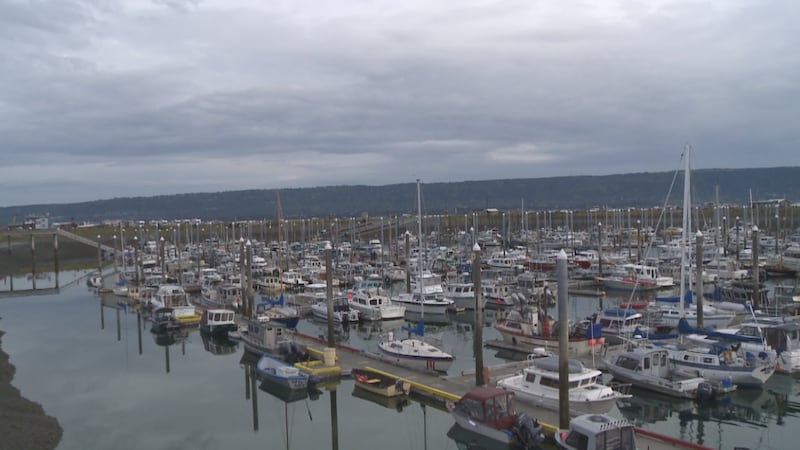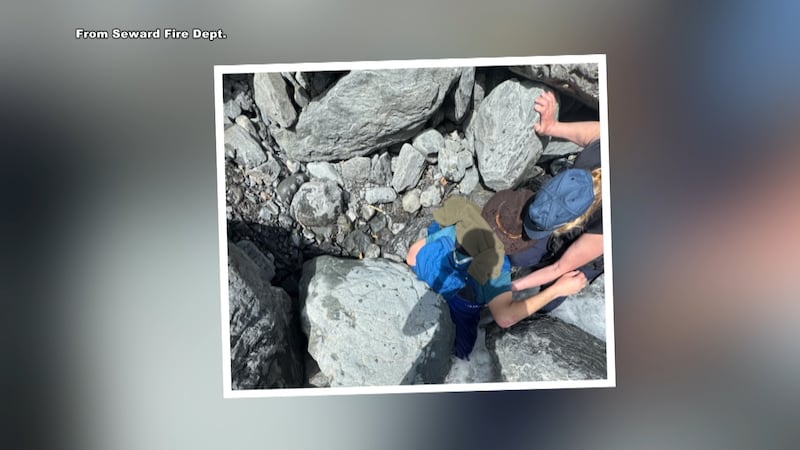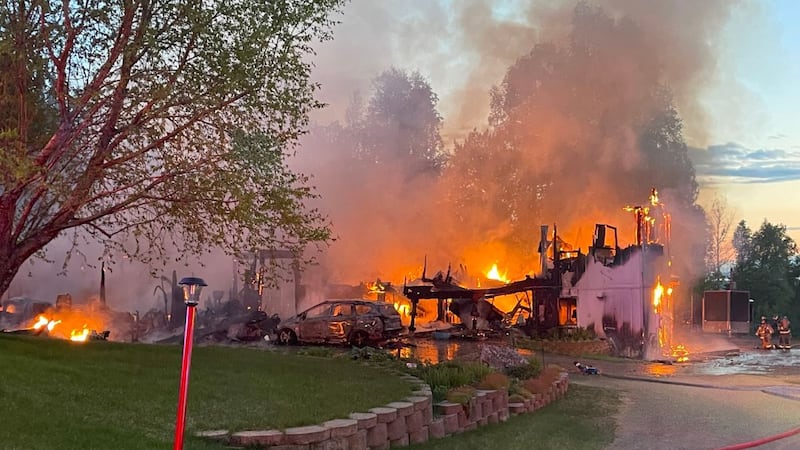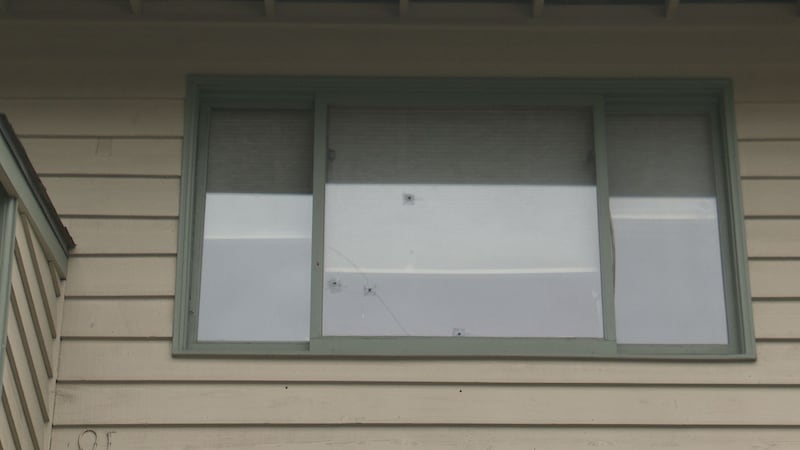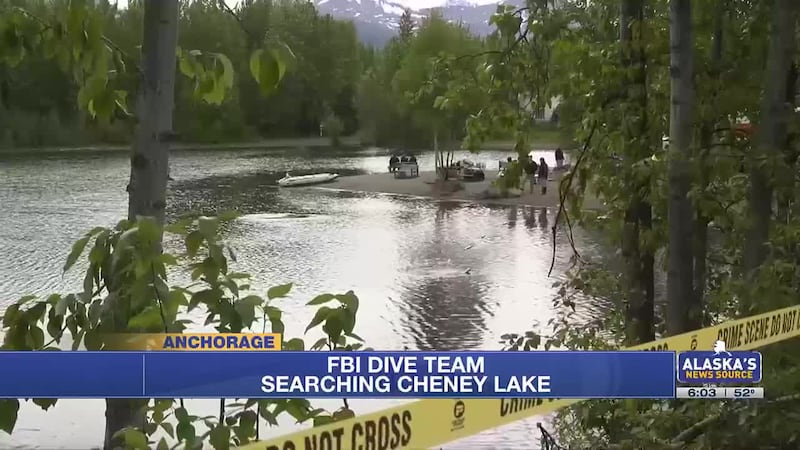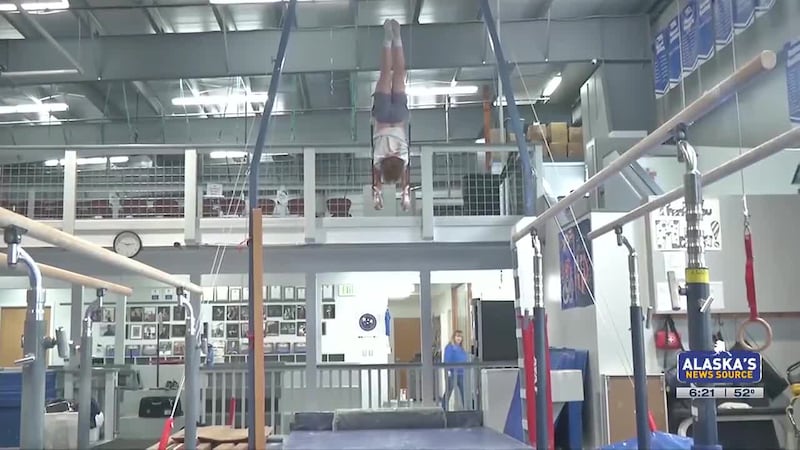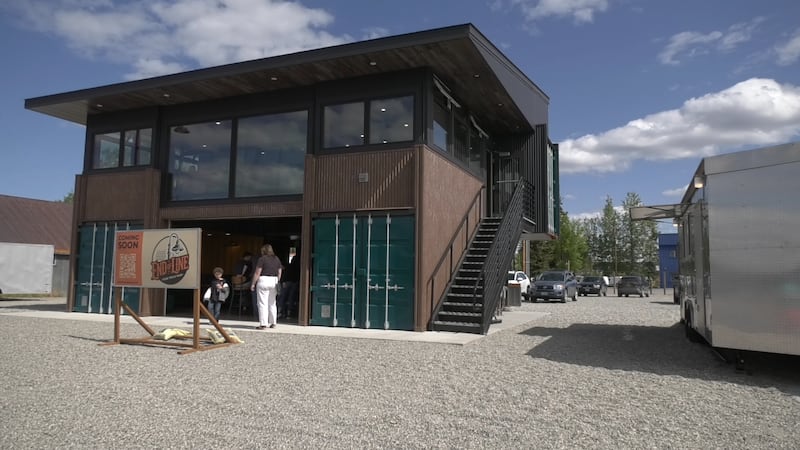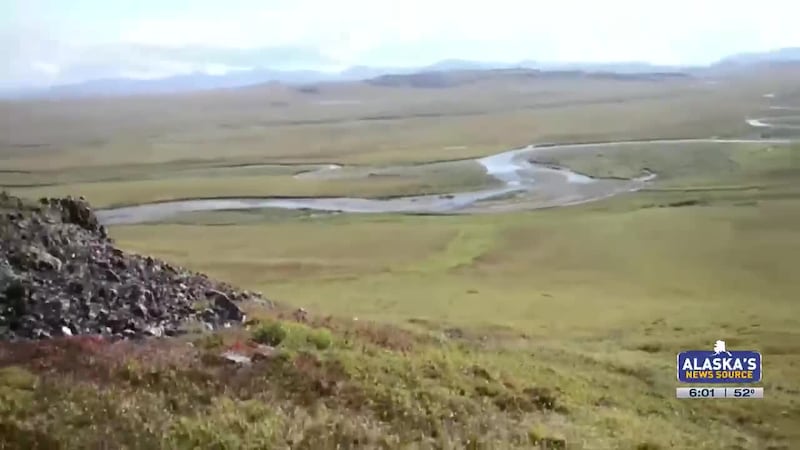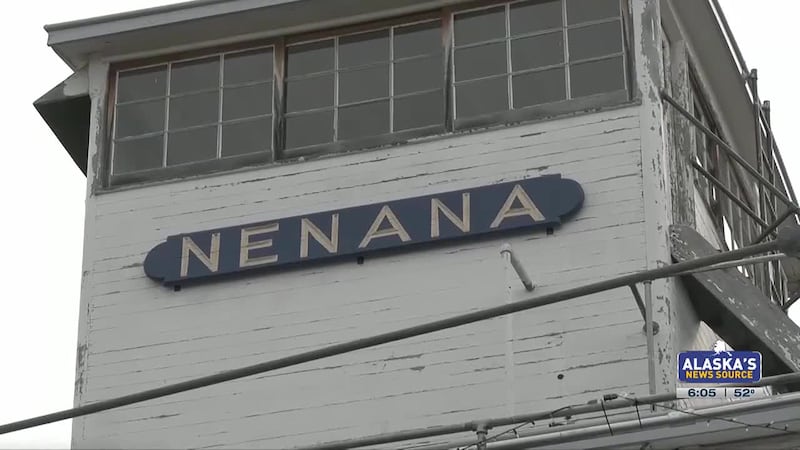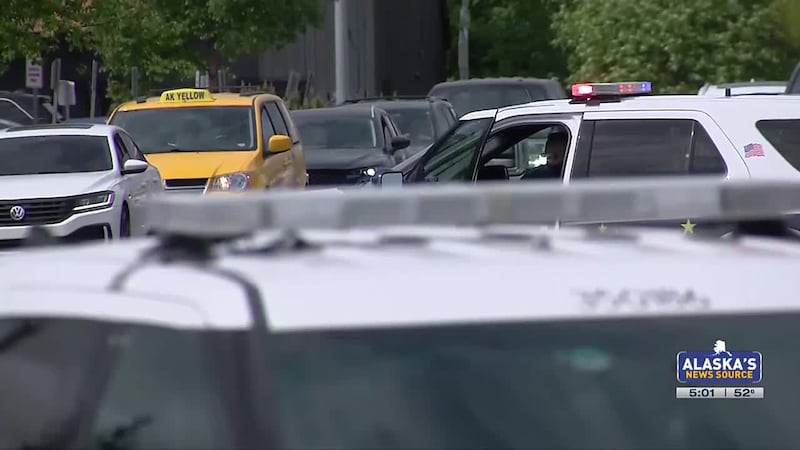‘Facing an emergency’: Mixed reaction from state education leaders on governor’s veto of funding bill
ANCHORAGE, Alaska (KTUU/KTVF) - Education staff, school board members, and parents of students from Fairbanks to Anchorage are reacting to the governor’s veto announced Thursday morning to an education bill that would provide a sizeable boost to the state’s per-student funding formula.
House Bill 69, which made it to Gov. Mike Dunleavy’s desk last week, would’ve raised the Base Student Allocation — an annual, per-student allocation for kids Alaska — by $1,000 to a new total of $6,960, increasing the yearly funding by more than $250 million. Other policies previously included in the bill were removed by the Senate Finance Committee before the bill went to floor votes.
Some members of the Fairbanks North Star Borough School Board expressed disappointment — but not surprise — with Dunleavy’s veto.
School Board President Melissa Burnett said that while she is in favor of a $1,000 increase to the funding formula (BSA), she had an idea the veto was coming when the policy was stripped out of the bill.
Burnett expressed hope that the legislature can still come together with an increase to education funding, in addition to policy changes that she also supports.
“My support of the $1,000 increase, for me personally, came with the policy that was attached,” she said, adding that she is in favor of an open enrollment policy and more support for correspondence students.
In Anchorage, the response to the governor’s veto was similar.
In a statement, NEA-Alaska called the decision “disgraceful” but not surprising.
NEA-Alaska President Tom Klaameyer defended the nonprofit on Thursday against Dunleavy’s claims of opposing policy provisions stripped from HB 69, such as limiting cell phone use, supporting charter schools, and allowing students to attend a school of their choosing.
“To be clear, NEA-Alaska has done nothing but advocate for Alaska students and the high-quality educators that they need to be successful,” Klaameyer said. “We supported House Bill 69. We supported House Bill 140 last year as a compromise bill. Neither of them were perfect, but both of them were the first step in the right direction to solving the problem.”
The Fairbanks school district’s current recommended budget for the 2025-26 school year, which involves closing three schools, outsourcing the district’s custodial staff, increasing the Pupil-Teacher Ratio (PTR) and eliminating around 150 positions — including 53 teachers — depends on the established increase of $680 per student in funding from the state.
Burnett said if no increase to funding came out of Juneau, the district would have to go back to the drawing board and look for “substantial cuts,” including critical programs and a further increase in PTR.
“It also could bring back the conversations on school closures,” she added.
While Burnett hopes the Legislature does not have to go into a special session, she expressed hope that “they would be willing to stay and get this piece figured out so that our districts are not left wondering and having to go back to that drawing board.”
Meanwhile, Fairbanks school board member Morgan Dulian — who was elected to her seat in 2024 — said she does not support the governor’s veto.
“I believe that our public school system throughout Alaska has been grossly underfunded, and you see that in the amount of cuts, specifically that — I’ll speak to my school district in particular — has had to meet over the past seven years of deficit budgeting, which has equaled over $50 million worth of cuts that have hurt the classroom and have therefore hurt students and educators,” she said.
Dulian said school districts need the $1,000 increase to the BSA proposed in HB 69.
“We cannot expect to have increased outcomes if we say that we aren’t going to fund them, so I don’t believe that policy and funding are mutually exclusive,” she said.
Dulian pointed to the Alaska Reads Act as an example of education policy that she says increases accountability and improves outcomes.
In response to the veto, April Johnson — President of the Education Support Staff Association — urged “all parents community members, educators, and allies to join us in demanding that state lawmakers take immediate action and fund our schools with a BSA increase of $1,000.”
Johnson wrote that she hopes to see the Legislature override the governor’s veto, arguing that schools are “facing an emergency.”
A statement from Danette Peterson, President of the Fairbanks Education Association, echoed Burnett and Dulian’s disappointment with the veto and added that it is “time for the state to do its fair share” in supporting education.
Calling the BSA increase “desperately needed,” Peterson agreed with Johnson that legislators would be doing the right thing by overriding the governor’s veto.
Fairbanks parent and former educator Hannibal Grubis, in a written statement, called the governor’s veto “more of the same,” saying “Education is primarily seen as a burden, something to pay for.”
This marks the second year in a row Dunleavy has vetoed an education funding bill, resulting in flat funding for Alaska schools for nearly a decade.
For Anchorage residents like Jeff Raun, who has three daughters within the district, the governor’s decision means another year of seeing cuts to what so many parents and students consider as vital programs.
“Three years in a row, he has voted against my kids, your kids, all of our kids,” Raun said. “He’s voted against education funding, he’s voted against economy, he’s voted against our future as a state.
Responses to the veto on social media also displayed a wide range of opinions.
In a Facebook comment to Alaska’s News Source, Scott Weidner supported the governor’s veto.
“Blank checks isn’t the way to fix the failure of this education system,” Weidner wrote. “Majority can’t read or do basic skills at grade level. Teachers with hands tied by administrators. If kids can’t pass classes they flunk. Oh well. The days of passing kids thru the system needs to stop. Start budget cuts from the top down and reallocate funds to needed areas.”
During Dunleavy’s news conference Thursday, he cited deteriorating revenue as one of the reasons for his decision to veto the bill.
However, Klaameyer called the excuse of a lack of funding nothing more than a “red herring.”
“The governor today cited statistics over the last 10 years, compared then to now, and in those years, he said there wasn’t enough funding,” Klaameyer said. “I don’t think we could ever get to an amount of funding that would cause the governor to say that we could put some of that towards schools unless he was forced to do that.
“The fact is that, as an elected body, the Legislature has the responsibility constitutionally to fund our public education, and so that should be the first priority.”
The governor also said on Thursday he would be introducing an alternative bill that would include a $700 increase to the BSA rather than the $1,000 HB 69 proposed, although his office clarified later that the new legislation includes a $560 BSA increase, with “additional targeted funding and policy reforms [...] comparable to a $700 BSA increase.”
Klaameyer said that while he would need time to familiarize himself with the specifics of an alternative bill, ultimately he would be interested in entertaining the proposal if it was similar to compromised bills that have been proposed in the past.
“We’re certainly willing to go along for the conversation and support a bill that will support Alaska students and it’s nice to see him finally recognizing that funding is a prerequisite for that,” Klaameyer said.
Responding to the news of the governor’s alternative bill, Raun said he remains cautiously optimistic.
“It’s great to hear that the governor is going to be introducing — or there will be introduced a new bill with a lower BSA amount ... things that he wants to see happen in our school systems. Improvements, that’s great,” Raun said. “I think we all want to see improvement, but holding our funding hostage is not a way to get those improvements.”
See a spelling or grammar error? Report it to web@ktuu.com
Copyright 2025 KTUU. All rights reserved.
